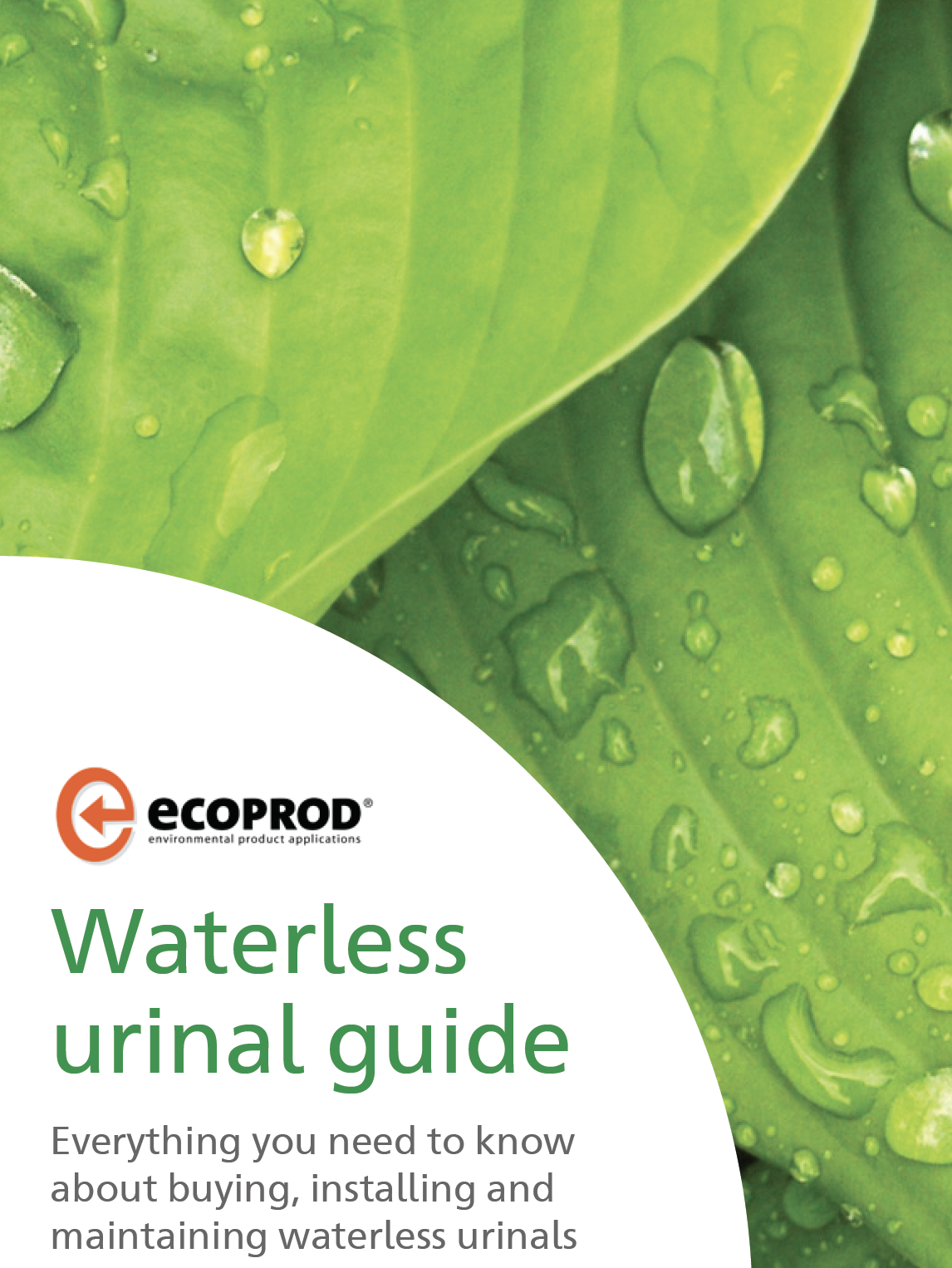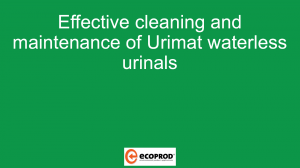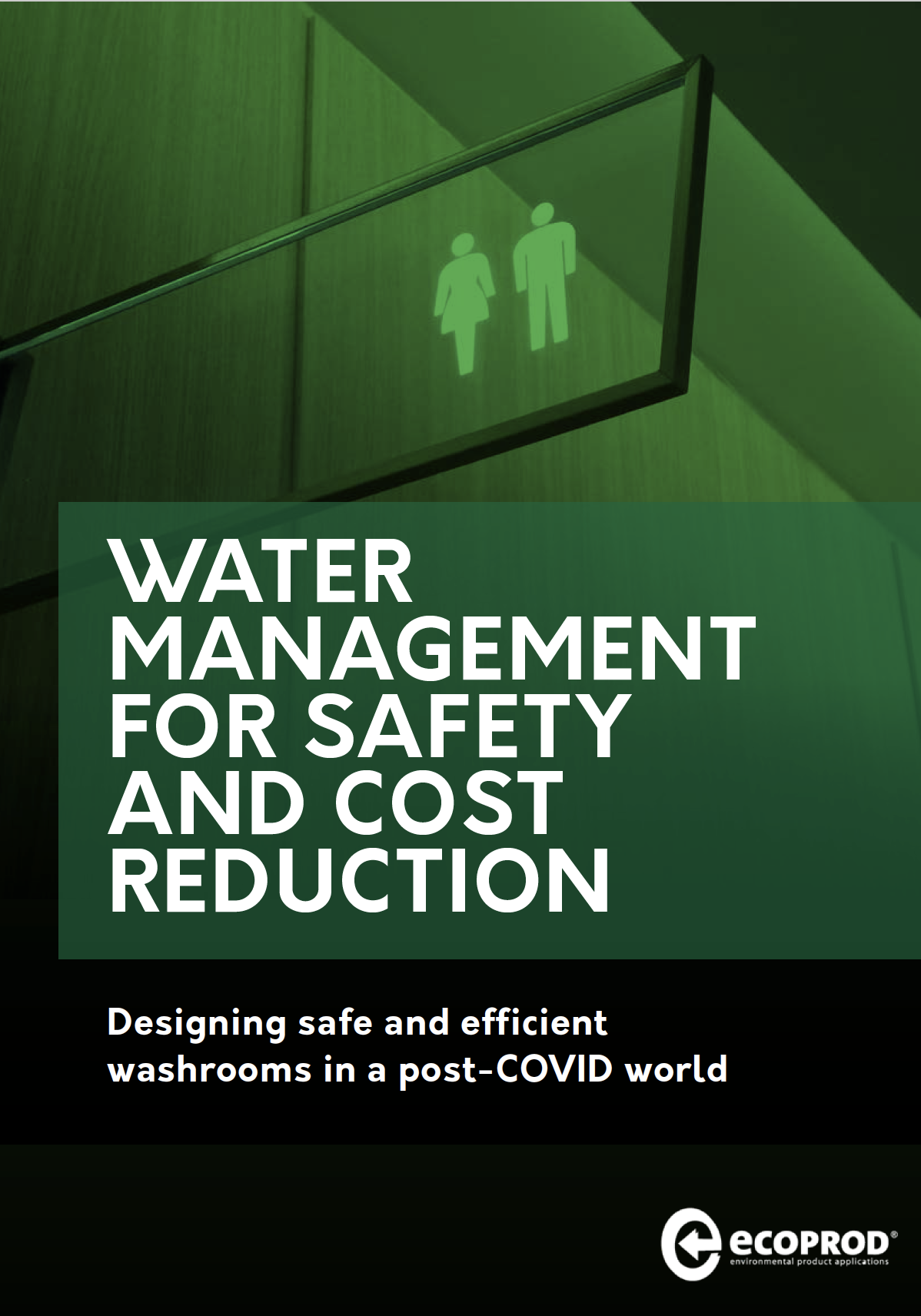In my last blog post I outlined the process that Ecoprod uses in order to prove the ROI of our products to potential clients. In that example we used water metering to prove the water savings that could be achieved for a chain of service stations by switching to Conti+ Ultra sensor taps. The service station chain is undergoing a steady washroom refit programme across all its sites, so in this post I am going to give an overview of another ROI exercise we conducted for them.
In this case the organisation was planning to replace all circular sinks from its sites. These sinks all had self-closing non-concussive taps installed – taps that produce a timed flow of water in response to the user depressing the control or push button and then self close after a period of time.
These types of taps are notoriously known for failure due to the mechanism wearing with use so they have a very high breakage rate. Correct installation together with regular servicing is required to ensure optimal performance.
In particular, failure to ensure that the taps remain free from dirt or scale buildup can seriously affect the taps’ performance, and of course they don’t offer any water saving features so are inefficient in that regard as well.
As in the example already mentioned, we installed water meters at one location for a test trial period. First, the meters ran with the old taps still installed in order to measure their water consumption. We collected roughly 150 days worth of water use data from the old taps. We then installed Conti+ Conwash wall mounted self-closing taps and tracked the change in water usage for another 150 days. The results were as follows:
- Total water consumption with the old taps was 511.224 m3 – an average of 3.235 m3 of water used per day
- Total water consumption with the Conti+ Conwash taps was 195.866 m3 – an average of 1.216 m3 per day
- This equates to an average daily saving of 2.019 m3 water
- Across a full year the organisation would save 736.935 m3 water
- Using Severn Trent’s published water tariffs we calculate that this saves the organisation £1,842.50 per year from this single site alone
- The organisation would achieve payback on installing these taps in only 7.5 months
There’s also an additional energy saving achieved through the non-delivery of hot water but more heat source details will be needed before this can be accurately measured. That said, we do know that the amount of hot water saved over the test period was 197.458 m3, a significant reduction.
Conti+ taps are sensor operated so not prone to the mechanical faults that are common with non-concussive taps. The Conti+ taps have been installed for over six months now and there has not been a single problem, fault or maintenance issue with any of them, so the organisation will also make significant savings to its maintenance budget once the Conti+ taps replace the 300+ old style taps across all outlets.













 For the last 8 years Robert Summer – Head of International Sales and Marketing – has developed structured distribution network worldwide for CONTI+ brand. The products offer great benefit for washrooms and shower rooms for public, semi-public and health sector. Today, sustainability, hygiene and smartness are key to CONTI+ solutions. Robert lives the brand and its USPs and loves to support and motivate his team on a daily basis.
For the last 8 years Robert Summer – Head of International Sales and Marketing – has developed structured distribution network worldwide for CONTI+ brand. The products offer great benefit for washrooms and shower rooms for public, semi-public and health sector. Today, sustainability, hygiene and smartness are key to CONTI+ solutions. Robert lives the brand and its USPs and loves to support and motivate his team on a daily basis.











Comments are closed.